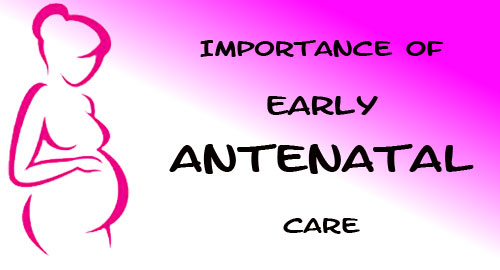You should aim to commence antenatal care around the 11th to the 13th week of pregnancy. At this point, the growing baby is well-developed to allow a detailed assessment of normality. Virtually every organ is formed by this point, allowing some developmental or genetic abnormalities to be detected this early. This is also the best time to accurately date your pregnancy, giving you the estimated date of delivery, usually abbreviated as EDD.
Read more ..... you may find it hard to understand why undergoing surgery to remove an innocent lump may be more harmful than beneficial. A line must be drawn at some point between necessary healthcare, and too much healthcare.
Read more ..... Women are encouraged to start getting Pap smears at the age of 21 or within 3 years of becoming sexually active. Pap smears are used to find any abnormal cells in the cervix, thereby increasing chances for early detection and treatment of cervical cancer.
Read more ..... Sex and reproduction, as we know it today, may become a thing of the past. Science is already advanced enough to negate sex as a means of reproduction. And men’s contribution is the easiest to discount, slowly making men irrelevant.
Read more ..... It is not every day that you encounter someone who is selfless, and shows concern not just about their own health but that of others as well. This is a very novel endeavor, and should be encouraged. Yes, there is lots you can do to improve the health status for the community as a whole.
Read more ..... 




